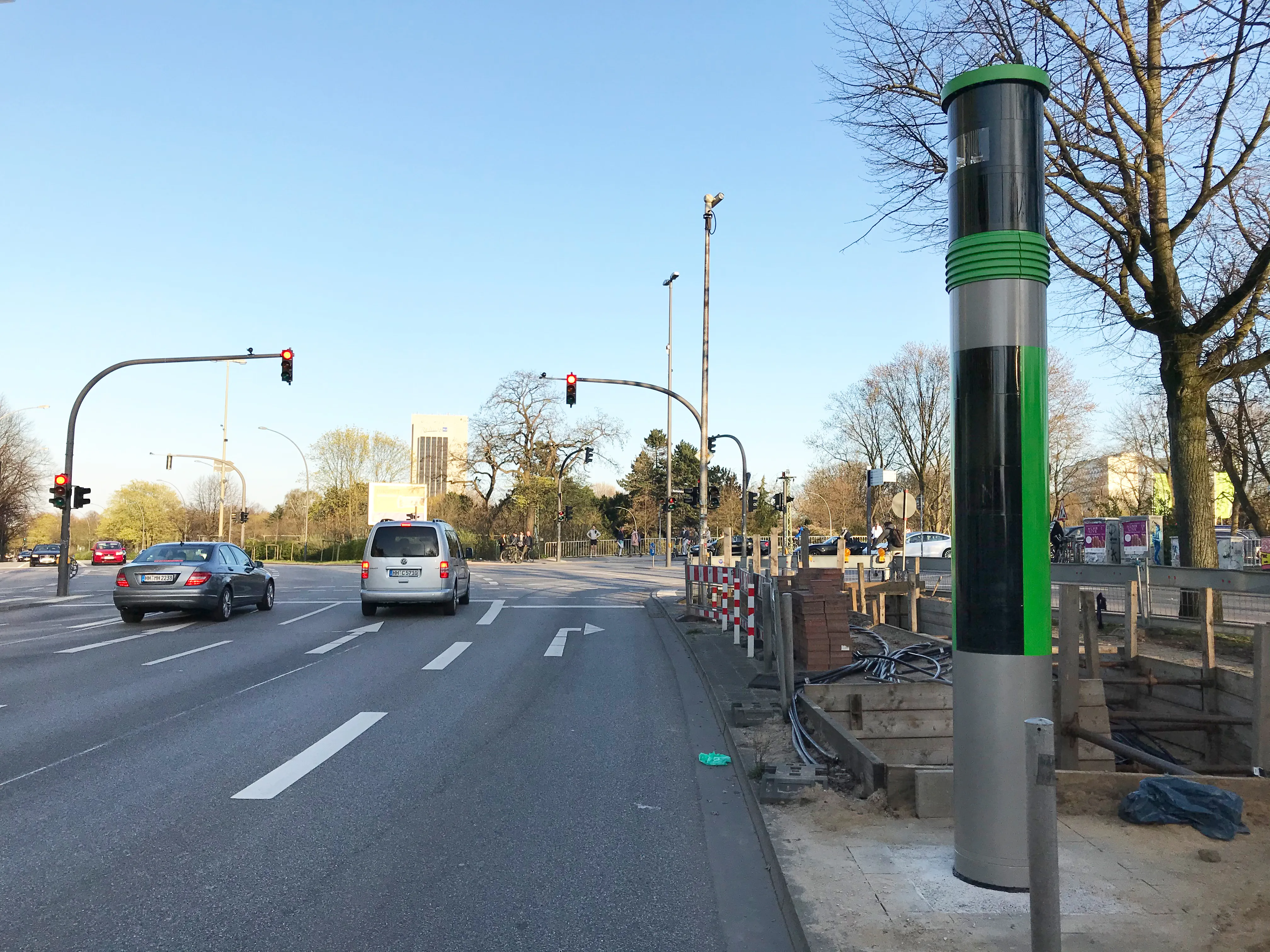The ecoBART digital driving style assistant, developed by German companies pei tel Communications, MAExperience and seideltec solutions, measures parameters such as drivers’ acceleration and braking and sends an acoustic signal when preconfigured thresholds are exceeded.
December 19, 2014
Read time: 1 min

The ecoBART digital driving style assistant, developed by German companies pei tel Communications, MAExperience and seideltec solutions, measures parameters such as drivers’ acceleration and braking and sends an acoustic signal when preconfigured thresholds are exceeded. The self-contained device is installed inside the vehicle and does not need to be connected to the vehicle’s electronics systems and components. Users can determine the threshold values which can then be set during installation. Data collected by the driving assistant can be transmitted to a central computer for analysis purposes.








